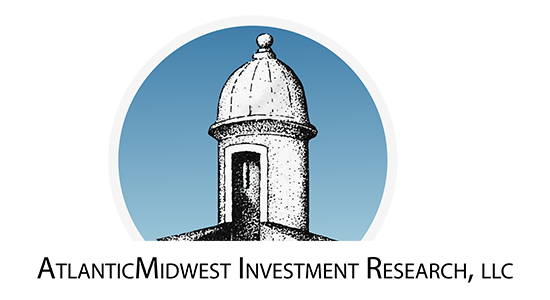A fresh start: 10 money management tips for 2024
As the calendar turns to a new year, it’s time to reflect on our financial habits and set the stage for better money management. Whether you’re looking to build wealth, eliminate debt, or simply gain a better understanding of your finances, the New Year provides a clean slate for financial success.
In this article, we will explore key strategies for effective money management as you embark on your financial journey in 2024.
1. Reflect on the past year
Before diving into the future, take a moment to reflect on the past year. Review your financial successes and challenges. Did you meet your savings goals? Did unexpected expenses derail your budget? Understanding your past financial behaviour can help you identify areas for improvement and set realistic goals for the upcoming year.
2. Establish clear financial goals
Setting specific and achievable financial goals is crucial for effective money management. Whether you aim to save for a deposit on a house, pay off high-interest debt, or build an emergency fund, having clear objectives will guide your financial decisions throughout the year. Break down your goals into smaller, manageable steps to make progress more attainable.
3. Create or update your budget
A budget is the cornerstone of effective money management. Take the time to create a detailed budget that outlines your income, fixed expenses, variable expenses, and savings. Be realistic about your spending habits and identify areas where you can cut back. Regularly review and adjust your budget as circumstances change throughout the year.
4. Build an emergency fund
Life is unpredictable, and having a financial safety net is essential. Aim to build an emergency fund that covers three to six months’ worth of living expenses. This fund can provide a financial cushion in the face of unexpected expenses, job loss, or other emergencies, preventing you from relying on credit cards or loans.
5. Review and optimise your investments
If you have investments, the beginning of the year is an excellent time to review your portfolio. Assess your asset allocation, risk tolerance, and investment goals. Consider rebalancing your portfolio if needed and explore new investment opportunities. If you’re not already investing, consider consulting with a financial adviser to create a plan that aligns with your long-term financial goals.
6. Evaluate your debt situation
Debt can be a significant obstacle to financial wellbeing. Review your outstanding debts, including credit cards, loans, and mortgages. Develop a plan to pay down high-interest debt aggressively and consider refinancing options if applicable. Minimising debt allows you to allocate more resources to savings and investments.
7. Assess your insurance coverage
Insurance is a critical component of financial security. Review your health, life, motor, and home insurance policies. Ensure that your coverage meets your current needs and adjust as necessary. Additionally, explore opportunities to bundle policies or seek quotes from different providers to find the most cost-effective coverage.
8. Examine your credit report
Your credit report plays a crucial role in your financial life. Obtain a copy of your credit report and review it for inaccuracies or discrepancies. A good credit score is essential for obtaining favorable interest rates on loans and credit cards. Address any issues promptly to maintain a healthy credit profile.
9. Plan for retirement
Saving for retirement should be a priority, regardless of your age. Review your Superannuation and assess your contributions. Consider increasing your contributions to take advantage of employer matches or tax benefits. If you haven’t started saving for retirement, now is the time to begin.
10. Educate yourself
Financial literacy is a powerful tool for effective money management. Take the time to educate yourself on personal finance topics, investment strategies, and economic trends. Attend workshops, read books, or follow reputable financial websites to stay informed and make informed financial decisions.
Key takeaway
Effective money management is a continuous journey that requires commitment and regular assessment. As you step into the New Year, use this as a guide to review your financial situation, set goals, and make informed decisions.
By taking a proactive approach to your finances, you’ll pave the way for a more secure and prosperous future. Remember, small, consistent efforts today can lead to significant financial rewards tomorrow.
Source: Findex
Author: Matthew Swieconek
